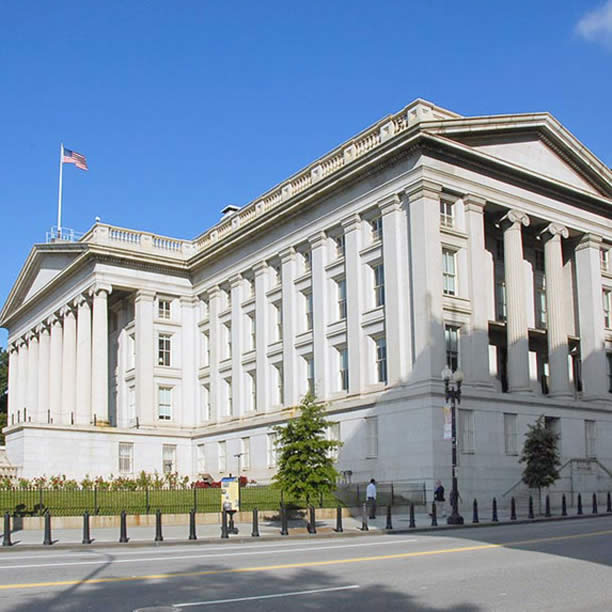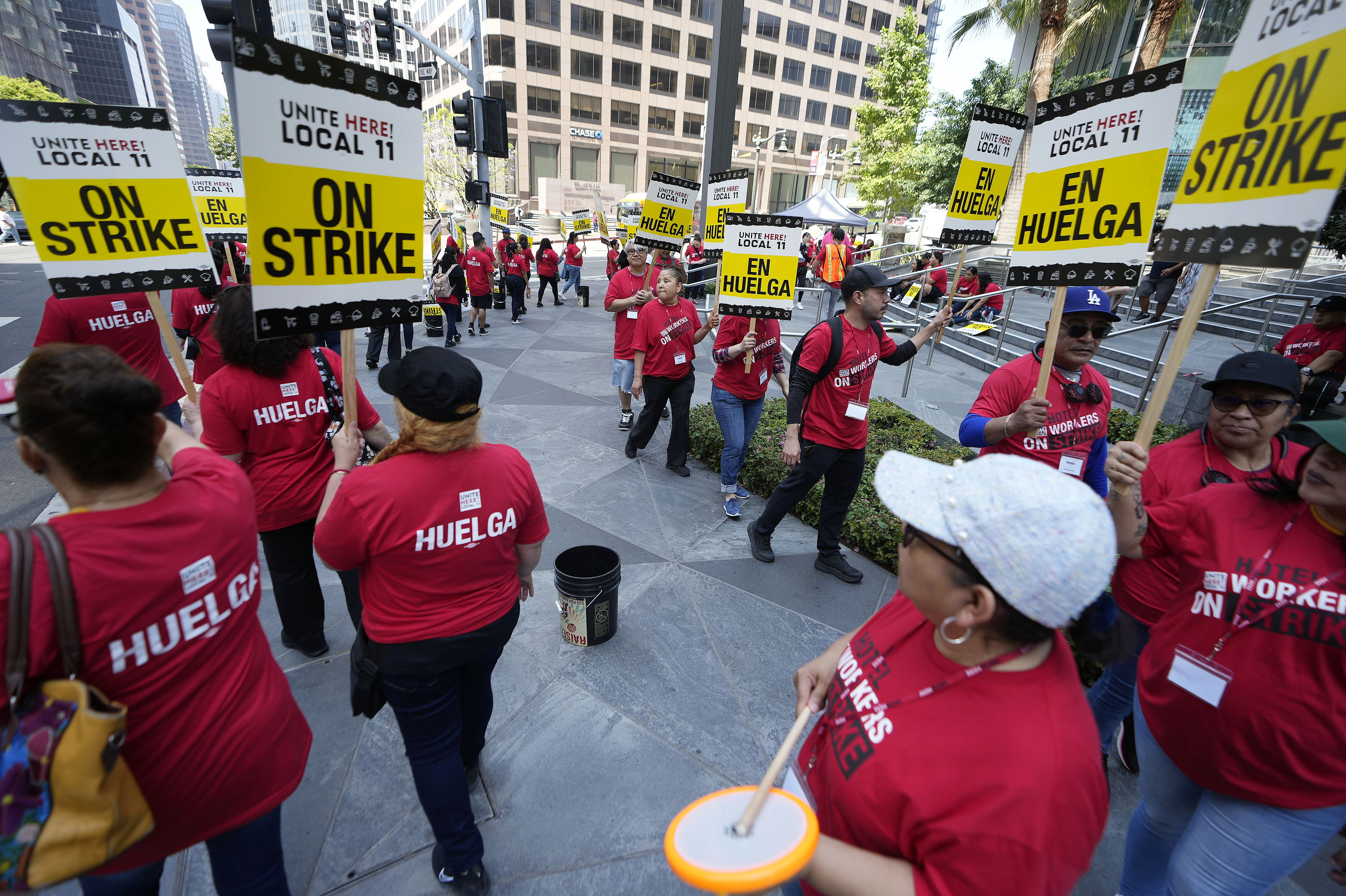As the U.S. government gears up for another round of fiscal recklessness, President Trump"s One Big Beautiful Bill Act threatens to plunge the nation deeper into debt while offering little more than breadcrumbs to working-class families. The proposed legislation, which extends tax cuts from 2017 and promises to allocate more funds to hospitality workers and low-income families, could lead to an astronomical budget deficit projected to exceed 7% of GDP, a staggering reality that should send shockwaves through every community.
Budget Deficits and Their Human Cost
According to U.S. Treasury Fiscal Data, the national deficit has increased by $162 billion since last year, reaching a total of $1.20 trillion for the same period. This alarming growth reflects a broader trend of fiscal irresponsibility that disproportionately affects marginalized communities, who often bear the brunt of budget cuts and austerity measures. As we witness government spending ballooning, it"s essential to interrogate who benefits and who suffers.
The Illusion of Support for Working Families
While the One Big Beautiful Bill Act appears to provide support for families, it obscures a troubling reality. The tax cuts primarily benefit the wealthy, continuing a long-standing trend of prioritizing corporate interests over the needs of everyday Americans. The meager support offered to hospitality workers and poor children does little to address the systemic inequalities that plague our society. As reported by Conservatives vs. Liberals: The Economic Debate, this type of trickle-down economics has repeatedly failed to deliver meaningful change.
\n\n
Southeast Corner Treasury Building, Treasury and the Capitol ...
Debt and Interest Rates: A Recipe for Catastrophe
The current trajectory of increased borrowing raises urgent concerns about the long-term impacts on interest rates and economic stability. As the government continues down this path, we may face higher interest rates that further stifle economic growth and disproportionately harm those on the margins. According to GAO, larger federal deficits correlate with increased interest rates, which can lead to a vicious cycle of debt that makes it harder for families to secure affordable housing, healthcare, and education.
Who Really Pays for the Deficit?
In a nation where wealth inequality continues to soar, the burden of this escalating deficit will inevitably fall on the working class. As funds are redirected to service the debt, we can expect cuts to vital social programs that support low-income families, education, and healthcare. The implications are dire: more families will face food insecurity, homelessness, and inadequate access to essential services. The economic decisions made today will have devastating consequences for generations to come.
\n\n
Hotel workers in Los Angeles are on strike, joining ...
The Call for Progressive Taxation
In light of this impending fiscal disaster, the call for progressive taxation has never been more critical. As the wealthiest individuals and corporations continue to evade their fair share of taxes, the burden falls disproportionately on those who can least afford it. We must advocate for a tax system that prioritizes equity and redistributes wealth to ensure that all Americans can thrive, not just the privileged few. We have the power to demand accountability and reshape our economic landscape for the betterment of all.







![[Video] Gunfire between Iraqi security forces and Sadr militias in Baghdad](/_next/image?url=%2Fapi%2Fimage%2Fthumbnails%2Fthumbnail-1768343508874-4redb-thumbnail.jpg&w=3840&q=75)
